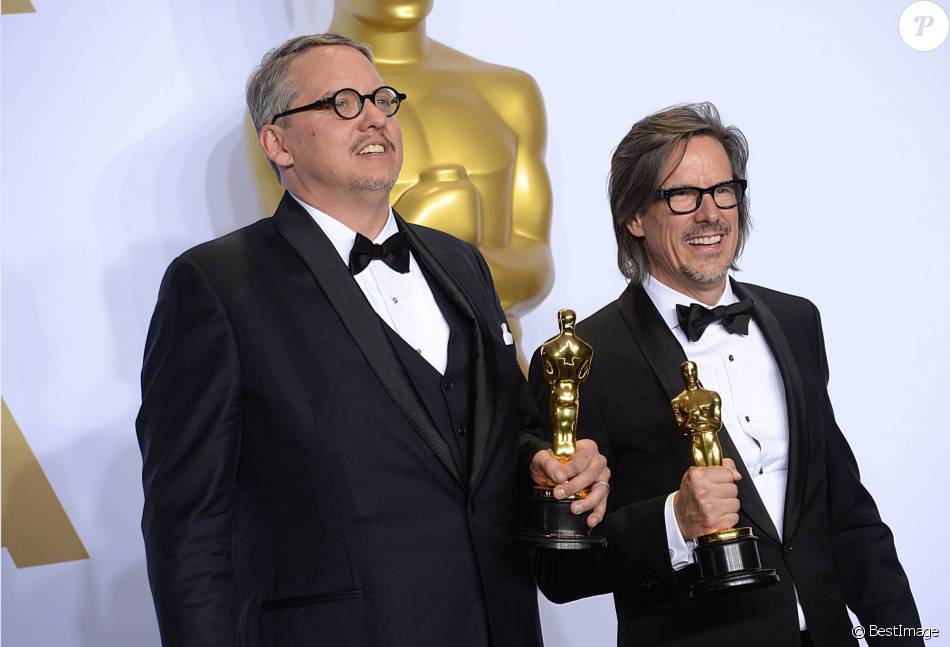Comedies have always been received well by audiences, but struggled with critics, which is not at all surprising. Critics usually want to see films that are innovative or unique, and many comedies are seen as low brow or even childish. These words have often been used to describe the early entries in Adam McKay’s directing career; films like Anchorman: The Legend of Ron Burgundy, Talladega Nights: The Ballad of Ricky Bobby, Step Brothers, and The Other Guys. These films may seem like nothing more than dumb comedies on the surface. But beneath them lies a brilliance that would later win Adam McKay critical acclaim with The Big Short, and the upcoming Vice.
“Smart” Dumb Comedy
At first glance, some of McKay’s films can seem like the epitome of dumb comedy. They thrive on ridiculous lines such as “60% of the time it works every time” (Anchorman), “Psychosomatic, so that means he could start a fire with his thoughts?” (Talladega Nights), and “I am a peacock, you gotta let me fly!” (The Other Guys). To the casual observer, jokes like these can easily be written on as juvenile and immature. However, there’s always been a subtext just beneath it.
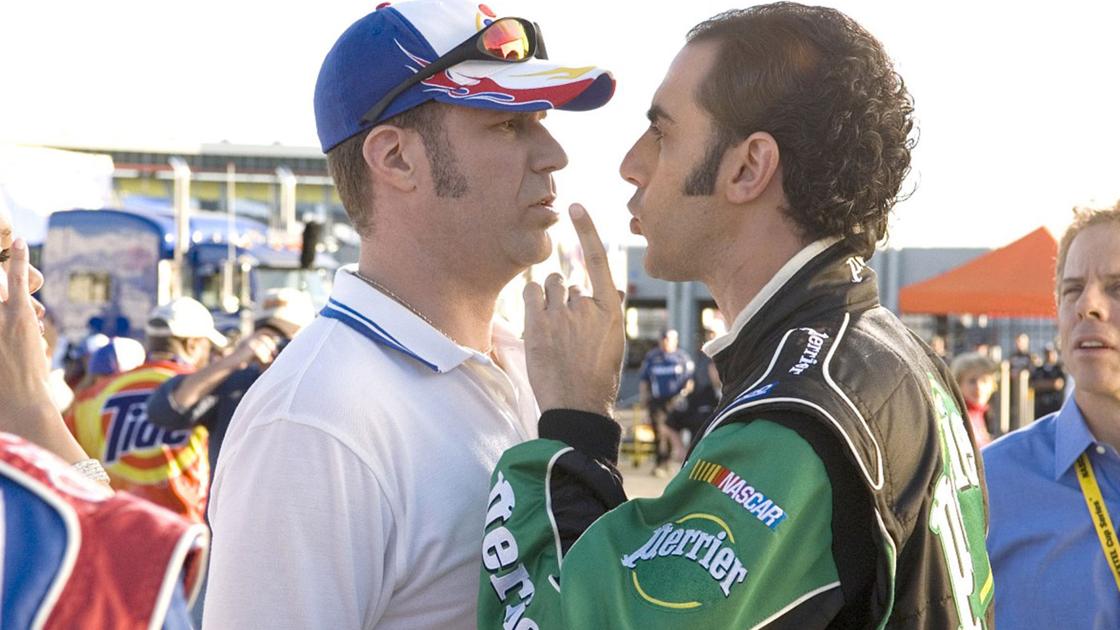
Most traditional Hollywood comedy films cast some sort of goofy or wise cracking character that doesn’t take life too seriously. Such classic characters as Ace Ventura, Abbott and Costello, Mr. Bean, and many others come to mind. Each of them seems to be having a great deal of fun being themselves, and the world they exist in is a straight laced one. McKay’s characters on the other hand possess all the same intensity as if we were watching an intense social drama. To them, they’re not making jokes when they say these ridiculous lines, they mean them with all sincerity. And in doing so, McKay’s films almost seem as if they’re trolling the very idea of drama itself.
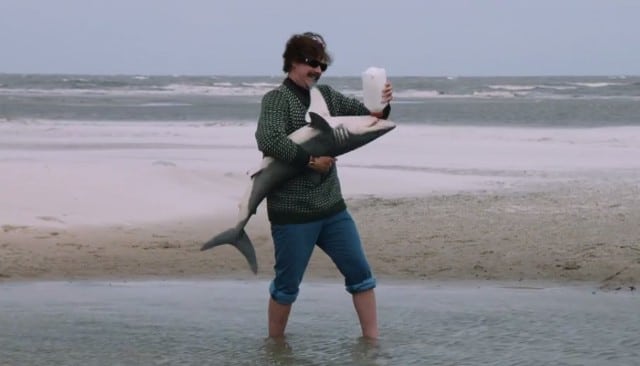
Films With Something To Say
Working as a writer for Saturday Night Live from 1995-2001 (head writer from 1997-1999) seemed to hone McKay’s comedy writing, as well as his penchant for political satire. Long before he was writing and directing things like The Big Short and Vice, there were slivers of commentary inserted into his earlier works. 2010’s The Other Guys showcases a villainous firm who lost billions in bad investments and is attempting to manipulate other stockholders to recoup their losses. That very same type of financial corruption would later be the subject of 2015’s The Big Short, which won McKay an Oscar for Best Screenplay.
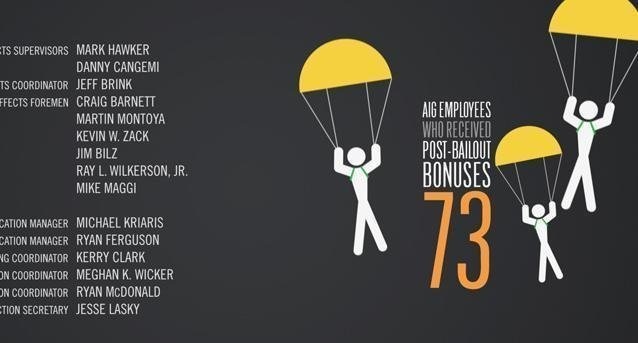
Paramount may have pressured a reluctant McKay to write and direct Anchorman 2, but even in that his political satire is very apparent. We see Ron Burgundy and his news team stumble upon the idea of making the news more entertaining; telling the viewers what they want to hear rather than what they need to. This is all an attempt to keep coverage and ratings for what’s becoming a 24 hour news cycle; one which relies on advertising. Amidst all of the over the top and foolish jokes made by characters is a serious critique of the entire cable news industry.
“Smart” Critically Acclaimed Comedy
In exchange for giving Paramount their long desired Anchorman sequel, McKay was given a budget to make a film unlike any other: The Big Short. The studio was unsure of it from the start. A comedy about something as complicated as the 2008 financial crisis which regularly broke the fourth wall to explain financial concepts to the audience just seemed like a bit much. But to their very happy surprise, it was a box office hit, won an Oscar for Best Screenplay, and was nominated for Best Picture and Best Director as well.
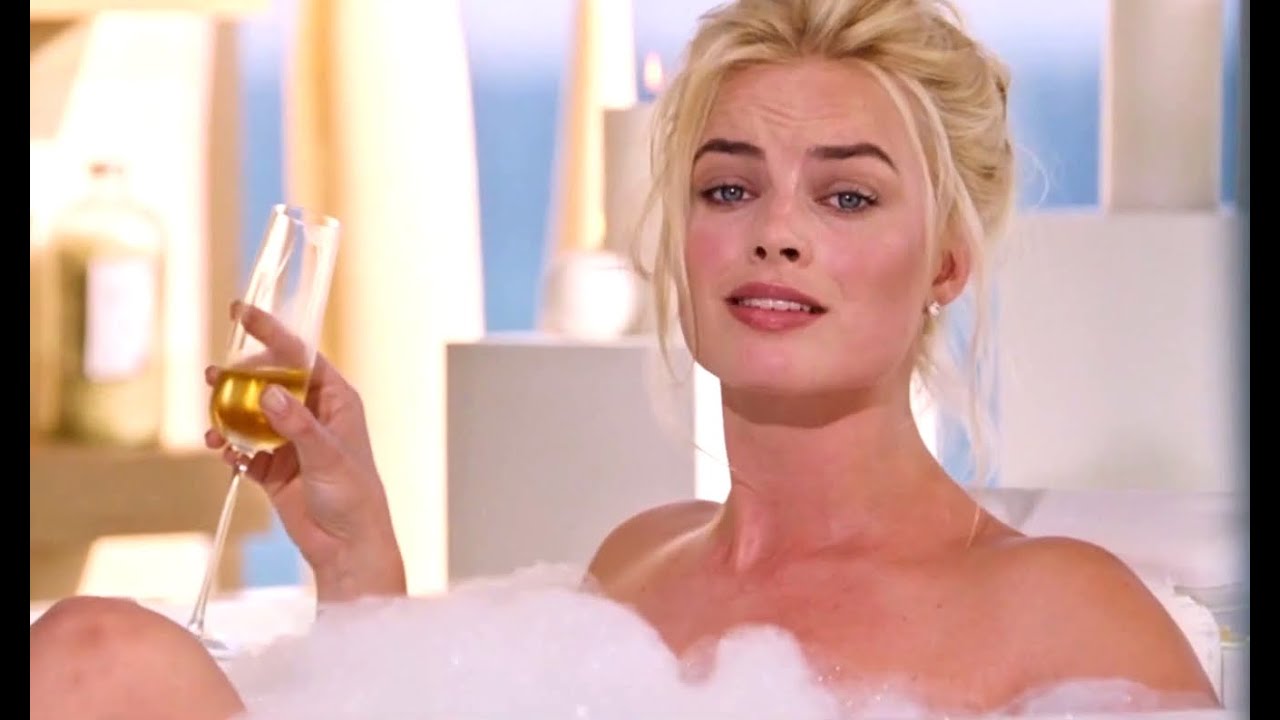
The secret to its success lies in McKay’s earlier works. He was already using absurdist comedy to make points about very real issues. And with a situation as screwed up as the 2008 Recession, what other way was there to tell that story? And now with Vice coming out at the end the of year, McKay is using that same absurdist approach to tell another farfetched but true story: the Vice Presidency of Dick Cheney. These approaches to true stories help bring a sharp satirical view of historical events that seem so out there, they can’t possibly be true, yet they are.
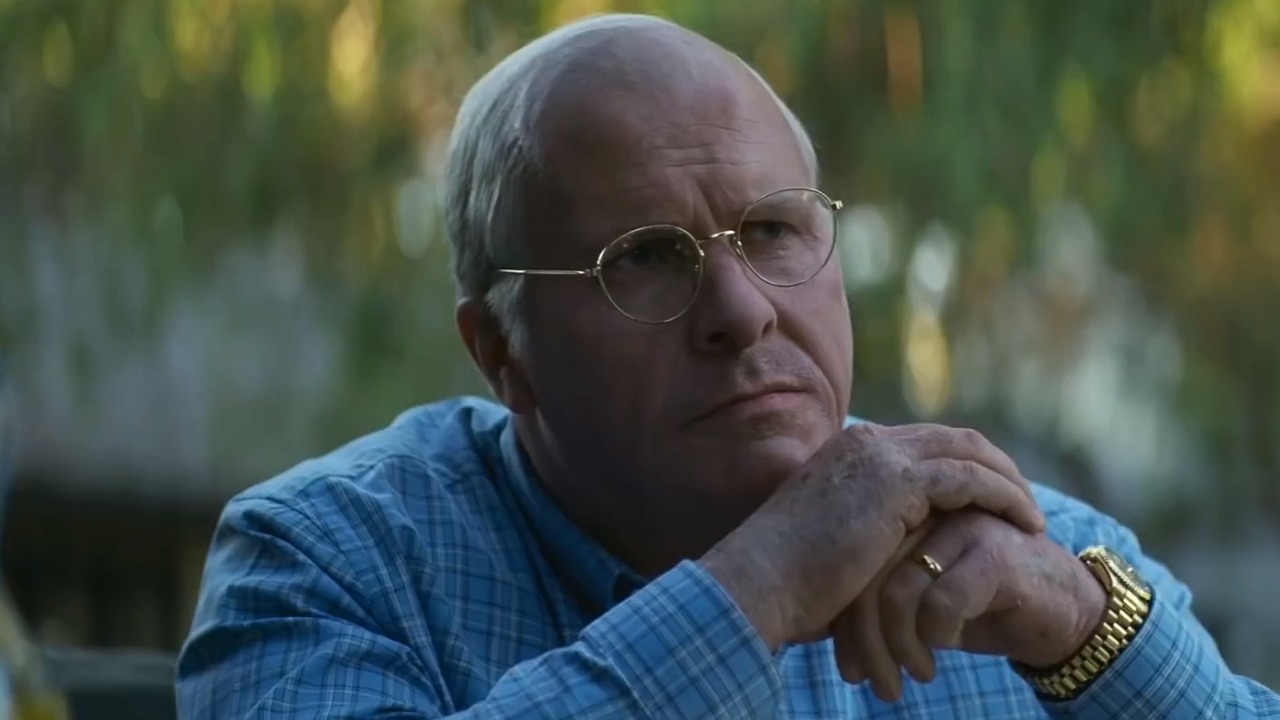
Adam McKay has shown us that even early on his “dumb” comedies were really anything but. In fact, they were laced with social/political commentary and satire that would later come to define his current films which seem to impress not just audiences, but critics and awards shows as well!


